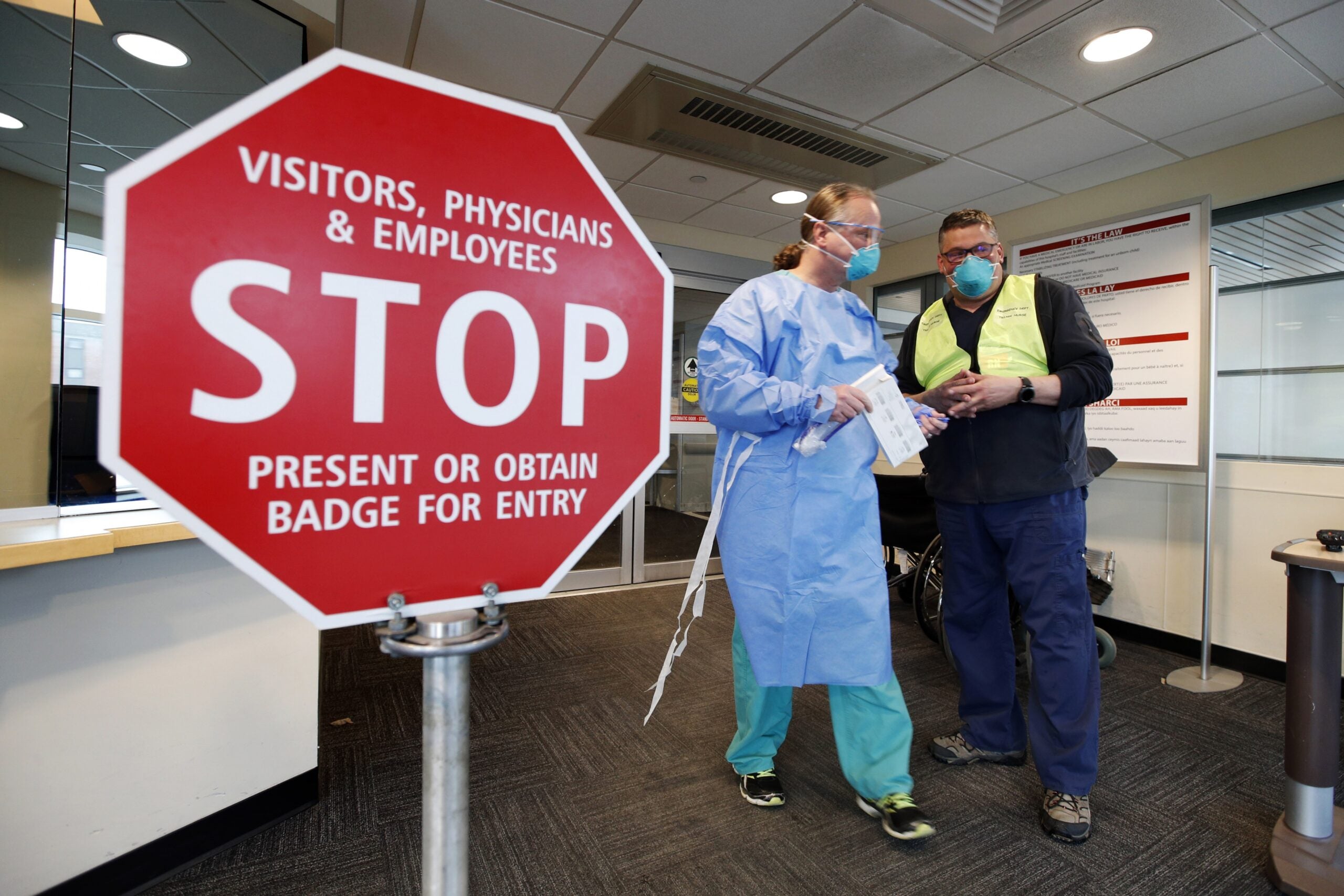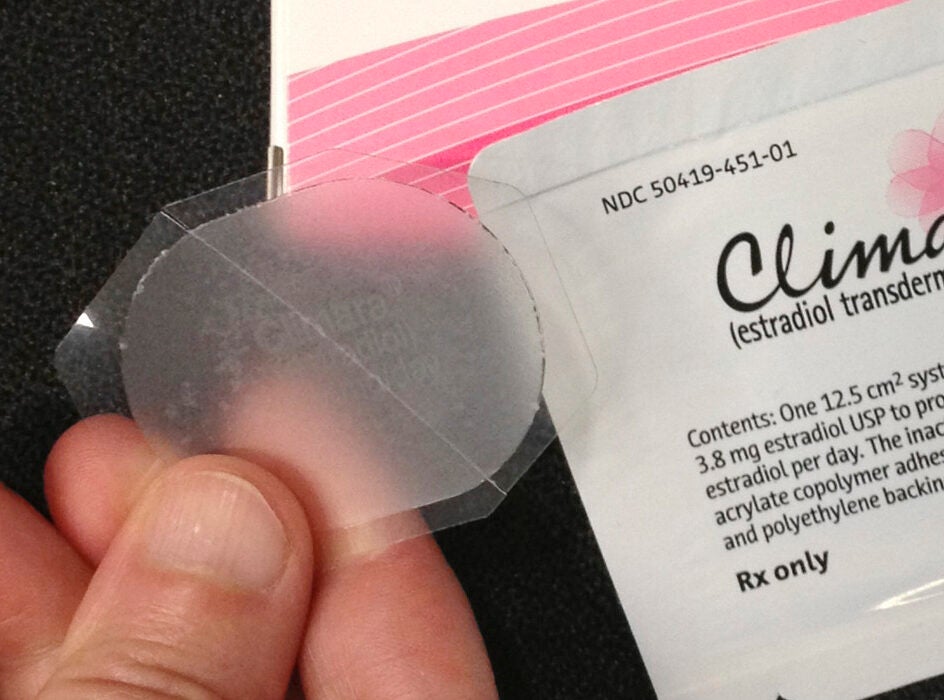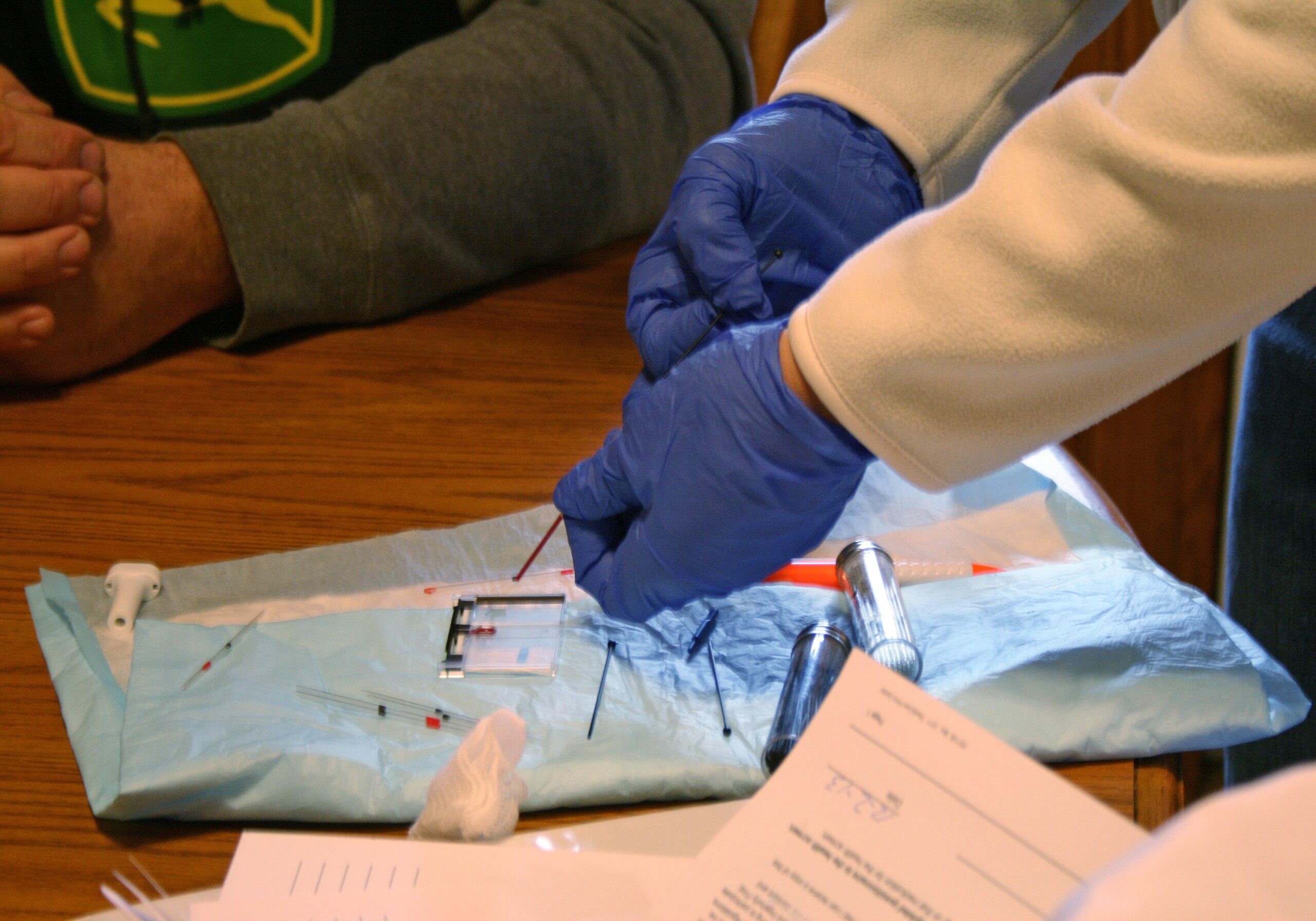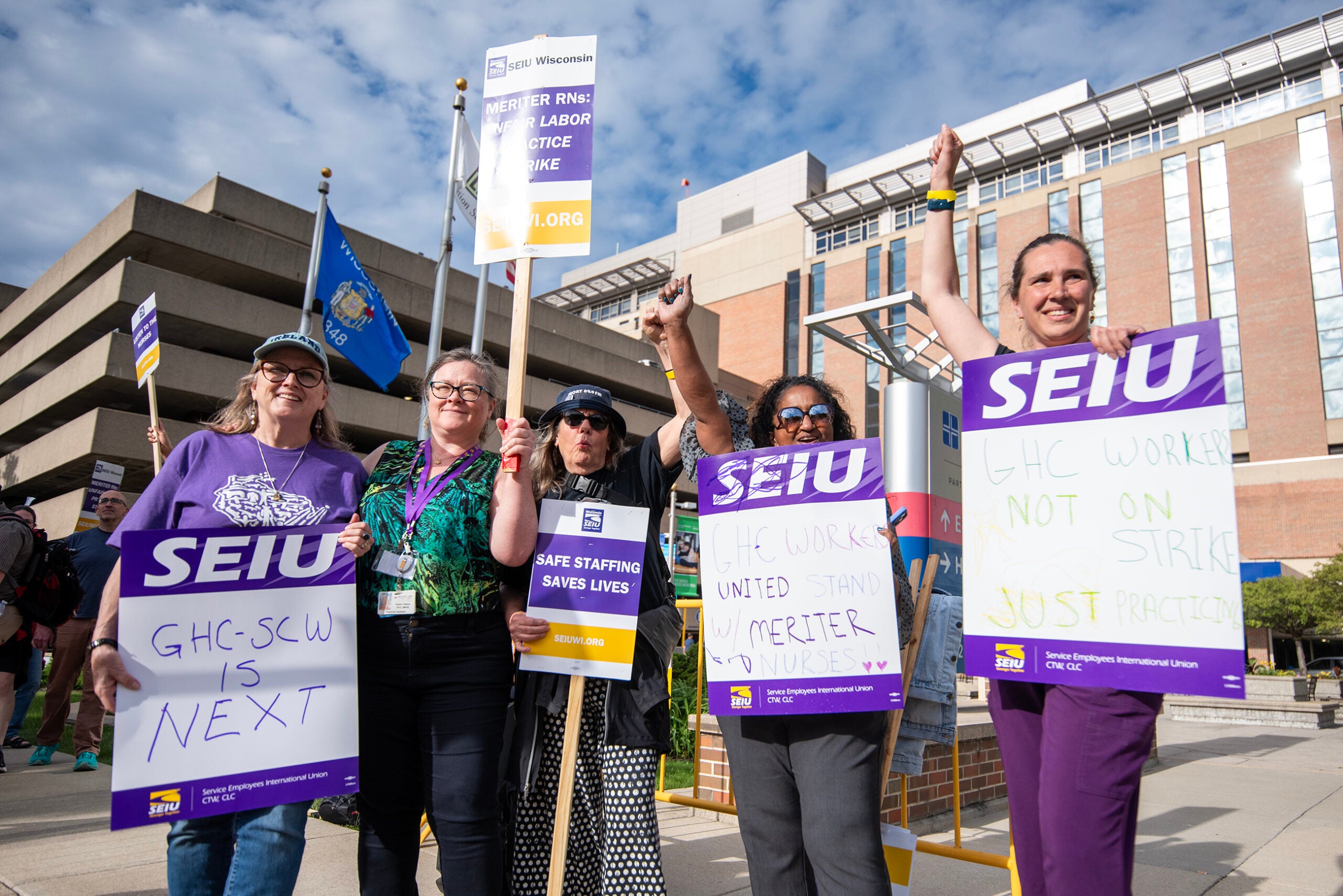Two days ago, New York Gov. Andrew Cuomo issued a nationwide call for doctors and nurses as the new coronavirus continues to rage in that state.
Thomas Gallagher, a doctor in Wisconsin, was listening.
“I have been thinking about going to New York. I was watching Gov. Cuomo begging for help. I would love to get tested. …If I found out I was immune, I would be very compelled to throw myself into the mix. But I can’t get tested,” Gallagher said, explaining he was in contact with someone in Washington state a month ago who later tested positive for COVID-19.
News with a little more humanity
WPR’s “Wisconsin Today” newsletter keeps you connected to the state you love without feeling overwhelmed. No paywall. No agenda. No corporate filter.
The need for physicians has never been more acute. And not just in New York.
Wisconsin’s governor has taken steps to ease licensing restrictions on medical professionals during the global health crisis. And on Wednesday, a doctors’ group started reaching out to retired physicians in an effort to determine who would be willing and able to help during the pandemic.
“A lot of physicians feel they are trained and have a greater obligation to society; and when called upon to help, that’s just in their nature. That desire doesn’t stop when you happen to retire,” said Wisconsin Medical Society chief medical officer Clyde “Bud” Chumbley.
The Wisconsin Medical Society is using email and the U.S. Postal Service to send a questionnaire to more than 1,700 retired physicians who are members of the organization. It wants to create a list of doctors who could perform everything from online visits to phone triage. And recently retired doctors with experience in the intensive care unit could be in demand if there’s a surge of very sick patients from COVID-19, Chumbley said.
Gov. Tony Evers is preparing field hospitals for additional capacity in case it’s needed. Cuomo recently called his state “a canary in the coal mine.” Various projections show the pandemic sweeping across the country in the next several weeks.
“If the medical personnel in our state gets so thin because of this virus that they can’t manage or as we open additional hospitals, retired doctors may be able to help,” Chumbley said.
Other states have also tried to bolster their physician ranks during the pandemic. As NPR reported, this comes during a nationwide shortage of doctors and could put older doctors in contact with patients who could infect them with COVID-19. Older people and those with certain medical conditions are more likely to experience complications if they get the disease.
Doctors aren’t only worried about contracting the disease but passing it along to family members. Some retired physicians might be hesitant to return to the fast-changing world of medicine if they’ve been out for a long time.
“You get a little rusty. You’re out of medicine for a few years, and if you’re not keeping up with your journals and medical trends, you can feel a little inadequate,” said Gallagher, 68. “So, it’s sometimes asking a lot if someone doesn’t feel their skills are quite up to snuff. It doesn’t take much to get back to where you need to be, especially with mentoring, but it can be hard.”
Gallagher is retired but has a valid medical license and works at St. Joseph’s Medical Clinic in Waukesha, which provides free medical care.
The form sent Wednesday to retired physicians who are members of the Wisconsin Medical Society states, “This is an unprecedented time in health care. … As the coronavirus spreads and infects more physicians and other health care professionals, there is a risk that we will not have enough physicians to meet the demand.”
The Wisconsin Medical Society is working with the Office of Insurance Commissioner to assure adequate medical liability coverage for those returning to work during the pandemic. This week, Evers and insurance commissioner asked malpractice insurers to cover telemedicine and out-of-state providers.
State health officials have a website where all medical professionals can volunteer their services. The Wisconsin Emergency Assistance Volunteer Registry helps identify those individuals willing to fill the specific roles needed in an emergency.
Wisconsin Public Radio, © Copyright 2025, Board of Regents of the University of Wisconsin System and Wisconsin Educational Communications Board.






